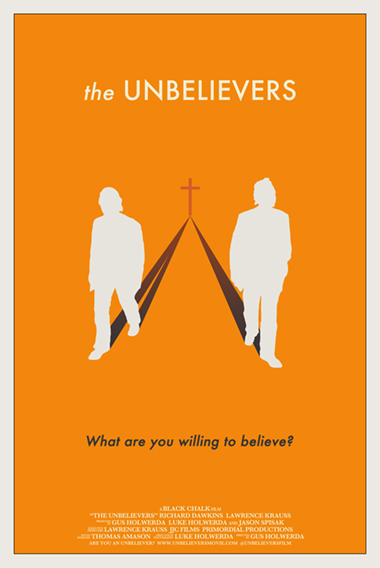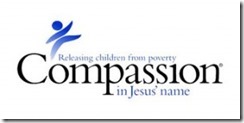 Series: Finding Jesus in the Unexpected
Series: Finding Jesus in the Unexpected
Title: Finding Jesus in the Unexpected times
Text: Matthew 25:1-13
Preached at Sunnyside Wesleyan Church Downtown Site on December 7 2014
The Unbelievers is a documentary following scientists Richard Dawkins and Lawrence Krauss, as they speak about the importance of science and reason in the modern world.
I watched this film September 15, 2014 on Netflix.
T he film at times seemed lost in trying to share the story.I found myself wanting to hear more of their message, while seeing less of their travels. They had some great shots of places around the world, where they could have done more voice over. However, the film seems to be more of a behind the scenes adventure following these guys, than presenting their thoughts. In one way you just get timbits (a Canadian term ), that is a little taste of their experience, and what they are trying to communicate. In the sense of pulling you to their side, there was not a lot to force those disagreeing to really think about their positions.
he film at times seemed lost in trying to share the story.I found myself wanting to hear more of their message, while seeing less of their travels. They had some great shots of places around the world, where they could have done more voice over. However, the film seems to be more of a behind the scenes adventure following these guys, than presenting their thoughts. In one way you just get timbits (a Canadian term ), that is a little taste of their experience, and what they are trying to communicate. In the sense of pulling you to their side, there was not a lot to force those disagreeing to really think about their positions.
That said, a few thoughts come from the film for me as a follower of Jesus. They would say I am crazy.
1. Jesus followers really need to step back and hear what is being said about us.
I can see that their picture of Christianity is most likely drawn from a small percentage that does not fully represent Christ. However, Richard Dawkins speaks about not engaging with certain people, and how the venom has increased. How sad that Jesus has been so misrepresented. I am so sad and angry that I have been so misrepresented. The venom that he is experiencing has nothing to do with what Jesus teaches and calls us to, and everything to do with people’s pride and self-righteousness.
2. Jesus followers are in need of well-educated people who can engage. My guess is if Christians attempted this within the scientific community they would lose their jobs. If Dawkins and Krauss are promoting what they are living, then there should be a place for reasoning together, and engaging in healthy debate. I completely understand their hesitation at moments in the film to engage what we culturally call “religious types”.
3. Many followers of Jesus, myself included, need to expand their understanding of Evolution.
My personal experience was influenced by what is known as creationism. I have always had issues with many with that belief due to the pride I see them carry. I have found it was often more about winning an argument to prove a system, than it was about wrestling with theology and science. I believe many believers need to better educate ourselves in understanding the issues and topic. Most of my information is old, some of it misinformed, and I have found myself asking question I have never asked before.
4. Theologians and Scientist need to talk and interact more.
I am starting to see more followers of Jesus starting to wrestle around these issues, and some groups forming with better intentions to wrestle with the issues. However, I think the church culture needs to be willing to wrestle with the issues. We may not have the answers, but we need to say that, and not just shut people out or off.
5. I have so many questions not answered.
These are some of my initial thoughts after watching the documentary. I would love to hear your input.
Do you know of good resources where theology and science are reasoning together to find answers? Can you direct me to good resources and/or people. Thanks!
A quick review of how to Sponsoring a Child with Compassion

Click here to understand how compassion works:
https://www.compassion.ca/understanding-child-development/
Go to https://www.compassion.ca/sponsor-a-child/ , scroll down to the bottom, and you can read about how the program works, and your experience.
This may seem strange, but God has given you money to steward. As you oversee it, understanding
where it is going, you can then use it better to serve and engage in life.
Is there are part of the World you would like to sponsor? For my family we were looking for a child close to my children’s age.
There you have it – Seven steps to sponsor a child. Let me know if you sponsor and how it goes?
 I have come that they may have life, and have it to the full. – John 10:10
I have come that they may have life, and have it to the full. – John 10:10